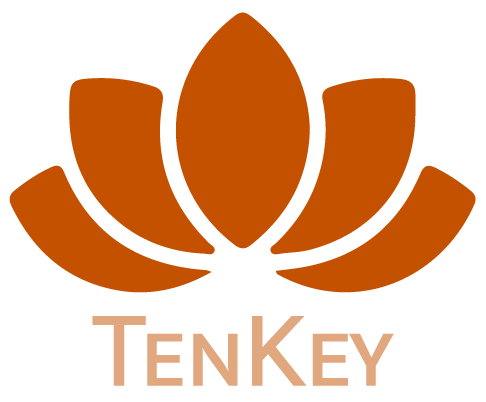As a bookkeeper or accountant, you understand the significance of using efficient accounting software to streamline bookkeeping tasks and manage financial records effectively. With numerous accounting software options available, choosing the right one can be overwhelming. In this blog, we will conduct a thorough review and comparison of popular accounting software solutions, tailored to meet the specific needs of bookkeepers and accountants. Join us as we explore the features, benefits, and considerations for each software to help you make an informed decision.
1. QuickBooks Online
QuickBooks Online is a leading cloud-based accounting software designed to simplify bookkeeping tasks for small businesses and self-employed professionals. It offers a user-friendly interface with essential features like invoicing, expense tracking, bank reconciliation, and financial reporting. With various integrations available, it easily syncs with other business tools, enhancing efficiency.
Key Features:
Customizable Chart of Accounts
Automatic Bank Feeds
Integrated Payroll Management
Time-Tracking and Billable Hours
2. Xero
Xero is another popular cloud-based accounting software that caters to businesses of all sizes, making it a favored choice for bookkeepers and accountants. Its intuitive dashboard provides a real-time view of cash flow and financial performance. Xero excels in multi-currency capabilities, making it ideal for businesses operating globally.
Key Features:
Automated Bank Reconciliation
Inventory Management
Expense Claims
Collaborative Access for Multiple Users
3. Wave Accounting
Wave Accounting is a free accounting software solution designed to simplify bookkeeping for freelancers, entrepreneurs, and small businesses. It offers essential bookkeeping features like invoicing, expense tracking, and receipt scanning. While it lacks some advanced features found in paid software, it provides a viable option for budget-conscious users.
Key Features:
Unlimited Invoicing and Receipt Scanning
Bank and Credit Card Reconciliation
Business and Personal Expense Tracking
4. FreshBooks
FreshBooks is renowned for its user-friendly interface and comprehensive invoicing capabilities. It caters to service-based businesses and freelancers, offering time tracking, project management, and client collaboration features. While not a full-fledged accounting software, it excels in simplifying billing and invoicing tasks.
Key Features:
Automated Late Payment Reminders
Time Tracking and Project Management
Client Portal for Communication
5. Zoho Books
Zoho Books is part of the Zoho suite of business applications and offers a range of accounting features for small to medium-sized businesses. Its automation features, integration options, and detailed reporting make it a suitable choice for bookkeepers and accountants seeking efficiency.
Key Features:
Automated Workflows and Rules
Inventory Management
Client Portal for Collaboration
Comprehensive Reporting and Analytics
6. Sage 50cloud
Sage 50cloud (formerly Peachtree) is a robust accounting software geared towards small and medium-sized businesses. It offers advanced features like job costing, budgeting, and inventory management, making it a valuable tool for bookkeepers handling complex financial needs.
Key Features:
Advanced Job Costing and Budgeting
Inventory and Services Management
Multi-User Collaboration
Conclusion
Selecting the right accounting software is essential for bookkeepers and accountants to efficiently manage financial records and provide valuable insights to their clients. Each software discussed in this review offers unique features to cater to specific business needs. Consider factors such as the size of the business, required features, and budget when making your decision. Remember that investing in a reliable accounting software solution is an investment in productivity and accuracy, ultimately benefiting both you and your clients.



